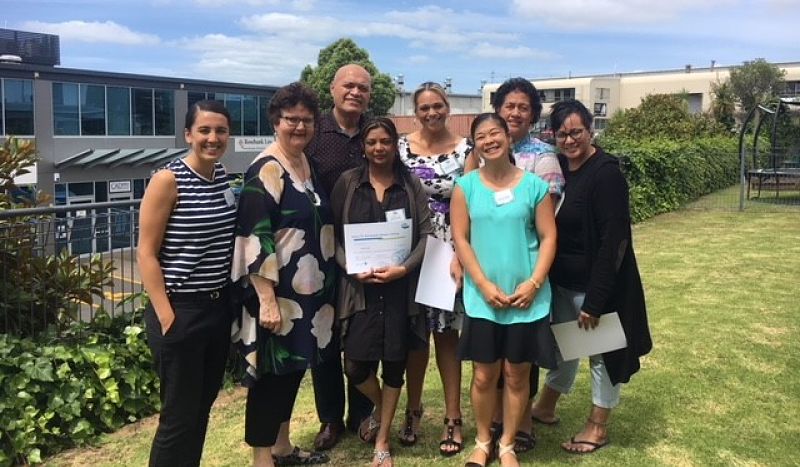Empowering people to take charge of diabetes
17 May 2018
Long-term health conditions – such as type 2 diabetes – don’t have to mean the end of a fulfilling, full life. But diabetes is a long-term condition which, if not well managed, can lead to poor health outcomes and even shorter lives. Māori is one group within our community that suffers more than others from these poor outcomes. And it’s this inequity that a long-term conditions research project is looking to address.

The study, led by Dr Matire Harwood, will test Mana Tū — a programme co-designed with whānau, clinicians, health service planners, and whānau ora providers. It aims to improve the impact of clinical and lifestyle interventions for whānau living with pre-diabetes, and people with poorly controlled diabetes.
The project came about, explains Dr Harwood, because things that affect people’s ability to take charge and live a fulfilling life with type 2 diabetes are often related to the wider context in which they live.
“They’re the social determinants of health like poverty and housing, but also their engagement with the health system, which is often not good,” she says. “People can feel undervalued or discriminated against; costs are an issue – on lots of different levels it is difficult for them to manage their conditions”.
The 12-month Mana Tū trial, operating in five GP practices, involves case managers or Kaimanaaki-whānau (pictured above), working in the practices. Clinical ‘champions’ identify people with poorly-controlled type 2 diabetes, and Kaimanaaki work with them and their families for twelve months to help them take control of their diabetes.
Kaimanaaki offer group education to start before discussing each person’s needs. It’s this kind of empowering approach that can have lasting impact, believes Dr Harwood.
“We are empowering people by letting them determine what’s important for them, to help them. Rather than us saying ‘you need to eat better’. We’re making people feel better about themselves and feel valued in that process.”
Read the full article at Mana Tū: Using a Whānau ora approach to tackle long-term conditions.
* This research is jointly funded by the Healthier Lives National Science Challenge, the Ministry of Health, and the Health Research Council of New Zealand (HRC) as part of the Long Term Conditions Partnership.


